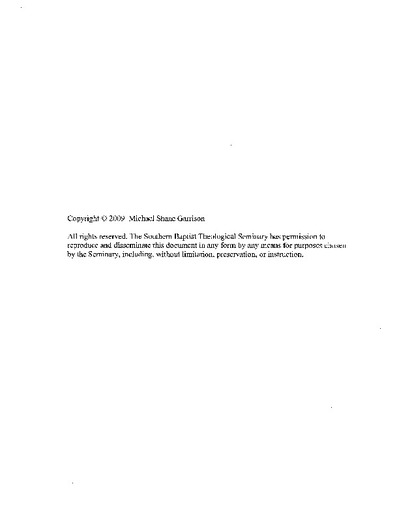| dc.description.abstract | The purpose of this descriptive-quantitative study was to examine which
models of academic governance are utilized by Southern Baptist related liberal arts
colleges and universities. Special attention was given to the distribution of institutional
power among seventeen campus leadership groups or power holders. Using J. Victor
Baldridge's models of academic governance (i.e., bureaucratic, political, and collegial),
the study produced data of which models are most utilized on Southern Baptist related
colleges and universities across the United States.
The research additionally conducted a replica study of Edward Gross and Paul
Grambsch's 1974 research on the distribution of institutional power in secular, nonreligious
academic institutions. Gross and Grambsch's study produced ordinal data
concerning which campus leadership group had the most and the least institutional
power. The replica study was performed on Southern Baptist related colleges and
universities. The findings of each were then compared identifying key similarities and
differences between the two samples.
The findings proved that similarities do exist between secular and Southern
Baptist related institutions in regards to the three top power holders, the role and power of
the faculty, and how academic leaders rank below administrators. Significant differences
also exist between secular and Southern Baptist related institutions in the heightened
influence of denominational leaders and financial donors and the minimal influence of
state and federal government in campus decision making.
KEYWORDS: academic governance models; institutional power; Christian colleges;
Christian universities; Edward Gross, Paul V. Grambsch, J. Victor Baldridge, Southern
Baptist related; International Association of Baptist Colleges and Universities;
bureaucratic; collegial; political | en_US |

